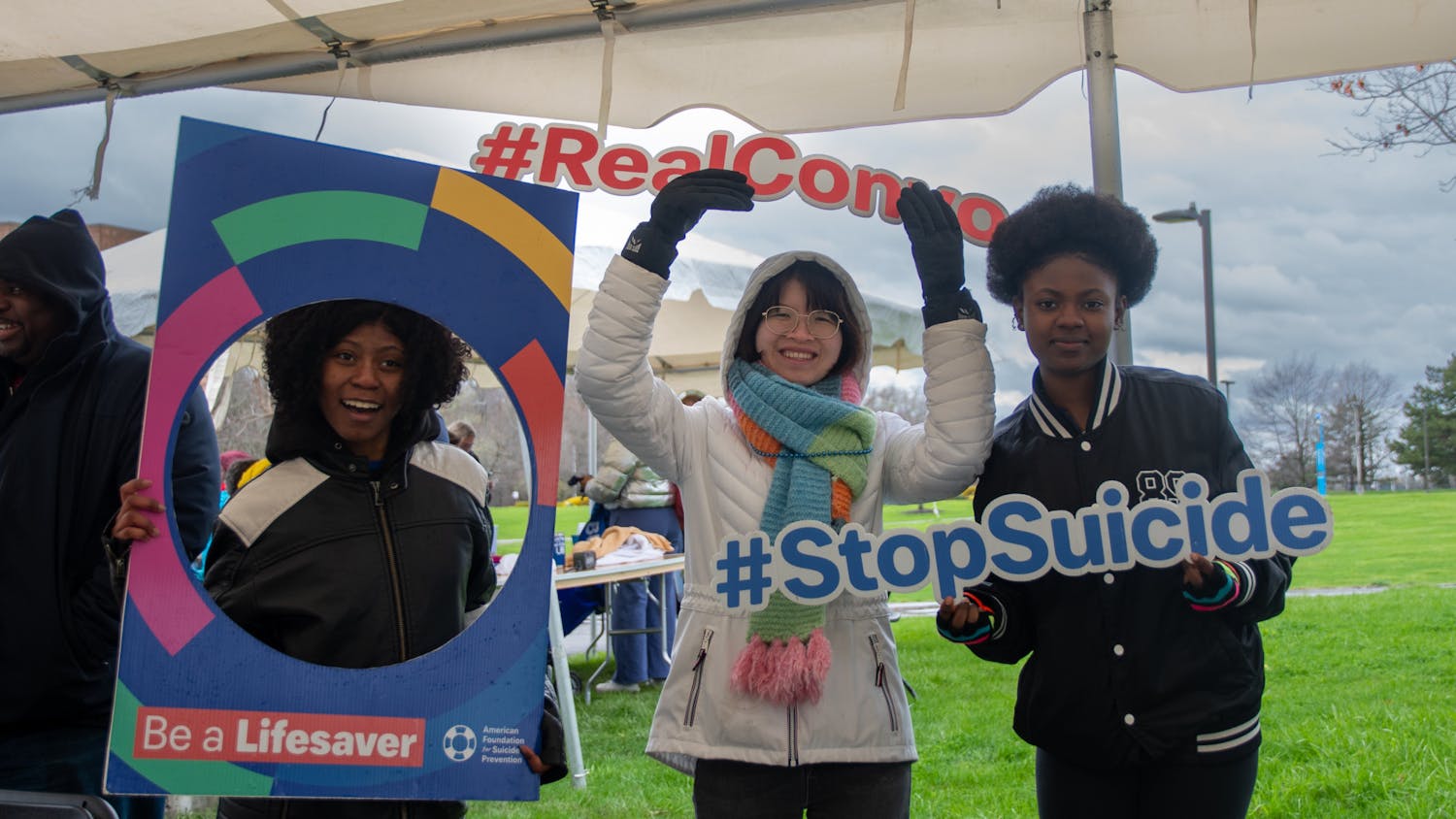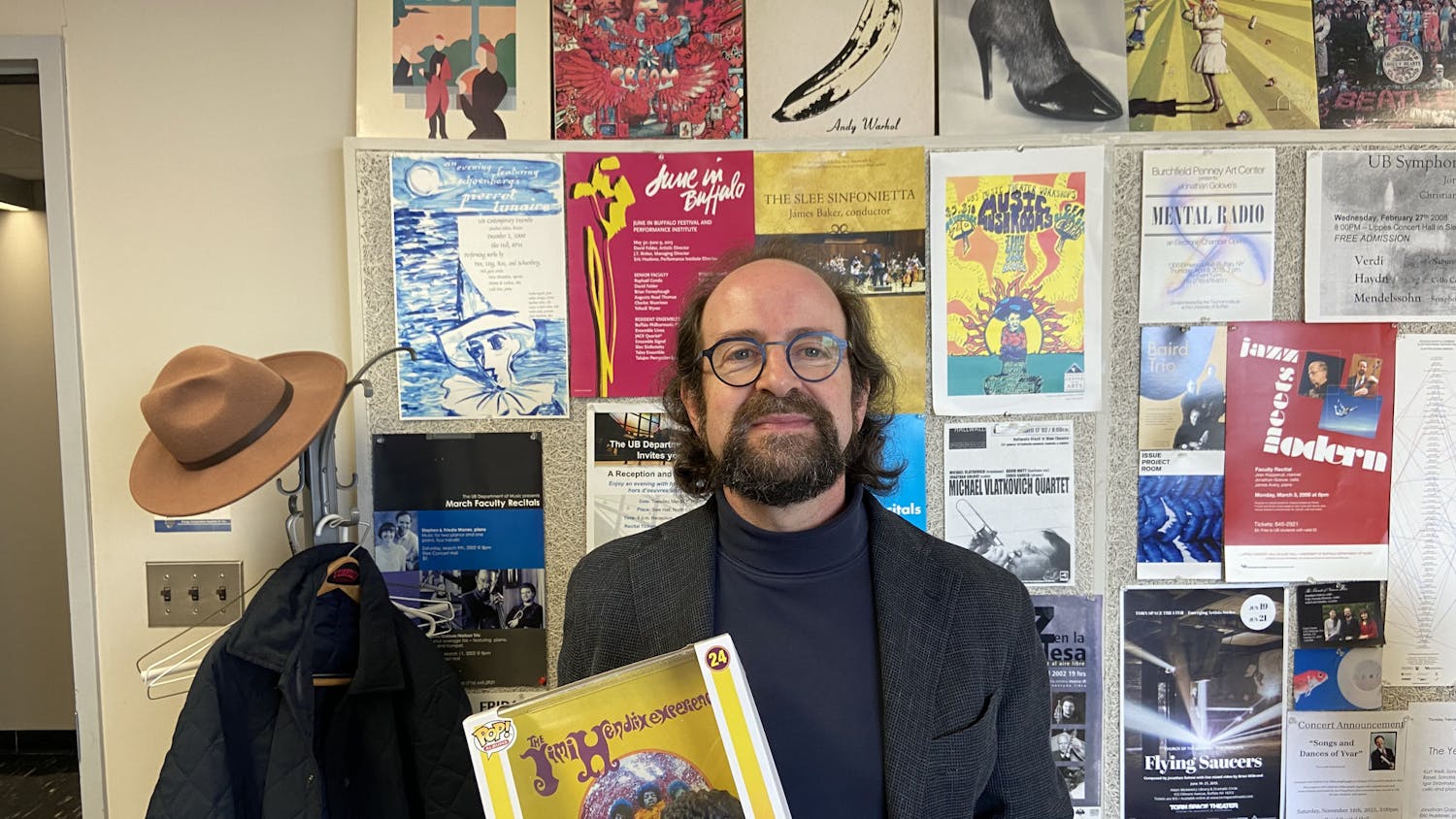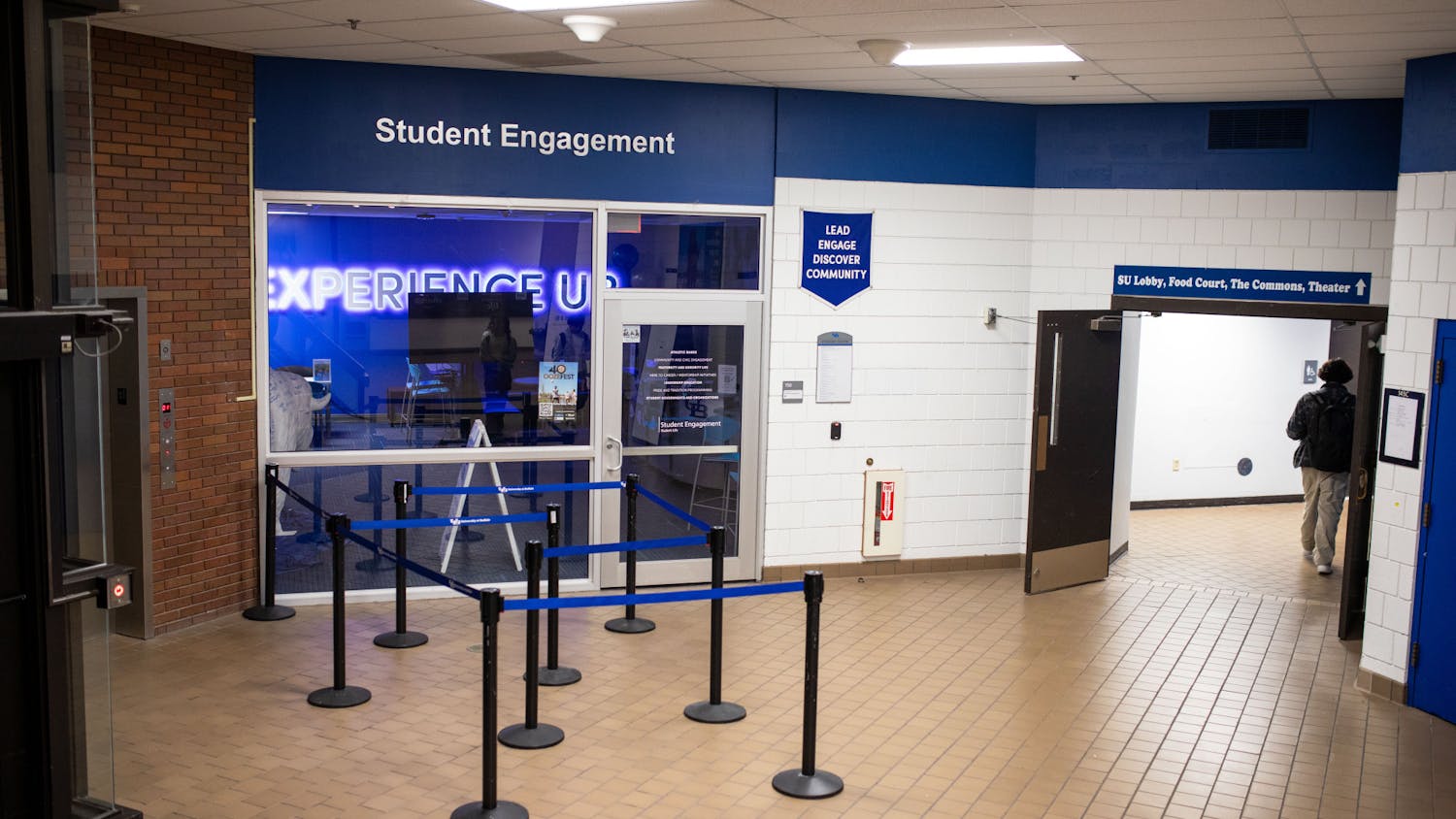Students discussed the importance of having black professors, especially for African-American studies courses at UB’s Black Student Union general body meeting Wednesday in SU 210.
Roughly 50 students filled the seats and some students sat on the floor.
BSU Vice President Tavaine Whyte facilitated the discussion. Whyte, a senior African-American Studies major, started the conversation by asking students if they had ever had a black professor. Less than half of the students in the room raised their hands.
Last semester, The Spectrum wrote a story, “UB’s black faculty: dwindling and isolated,” which discussed the lack of black faculty at UB.Ninety-eight out of 2,513 faculties—or 3.8 percent— at UB were black as of fall 2015, according to UB Spokesperson John Della Contrada. Only 41 were tenure track, which brings the total down to 1.6 percent. And of the 17 faculty in the African-American Studies program, only three are black.
“UB prides itself on being a diverse, international campus, but when we look at our [faculty], they’re not diverse and international,” said SA President Leslie Veloz. “So the question is, what initiatives is the university putting into place to ensure that the diversity we’re seeing in [faculty] is reflective of the diversity in the student body?”
Malcom Gray, BSU president and a senior political science major, feels he gets a more “raw” experience learning from a black professor.
“They understand the issues, they’re not just reading from a textbook or research studies; they’re teaching you from what they experienced and they’re trying to show,” Gray said. “Not hiring more African-American professors to teach in the African-American Studies department is really a disgrace.”
Gray also expressed concern that while UB has a diversity’ learning requirement, students aren’t necessarily being educated about diversity and race in Buffalo.
“As students, do we really know how people in Buffalo really live?” Gray questioned. “Can we speak on the social and economic divide that exists between East Buffalo and West Buffalo? No, we can’t, because UB doesn’t do a good job of showing us why we come to school and that we have to help fix our own communities.”
Whyte pointed out that UB’s newest freshman class has one of the largest percentages of African-American students in UB’s history, yet most of their instructors will not look like them.
Rosaura Romero, a junior psychology and health and human services major, related her own experience of how powerful it can be to have a fellow person of color as a professor. She said she is often the only person of color in a classroom, which can be an isolating experience. She felt disconnected from faculty until she had a professor who was a person of color.
“The first office hours I ever went to were for a professor who was of color because I felt like I could actually relate to him and like he was actually going to help me and could understand where I was coming from,” Romero said.
Natalia Marte, a second-year law student, feels having black professors at UB would improve black students’ academic and professional development.
“I say that because at the end of the day, your own people are going to look out for you,” Marte said. “They are going to give you the information that you need, because when they see you, they see themselves.”
Jaycee Miller, a sophomore political science and environmental design major, feels the university should offer an equivalent to the Collegiate Science and Technology Entry Program that aids underrepresented students in pursuing science, technology, engineering and mathematics, licensed professions and health-related professions for the humanities and social sciences.
“They need to be giving black students opportunities to get that Ph.D. so that they can become professors,” Miller said.
Anthony Darand, a junior mechanical engineering major, feels it is especially important for white students to have black professors. He thinks white students, especially those who are from small towns and have never interacted with a person of color in their life, would benefit greatly from listening to people of color share their first-hand experiences as a black person in America.
“Because yeah, you can learn African-American studies from a white person,” Darand said. “But I feel like black stories should be told by black people.”
Maddy Fowler is a news editor and can be reached at maddy.fowler@ubspectrum.com





